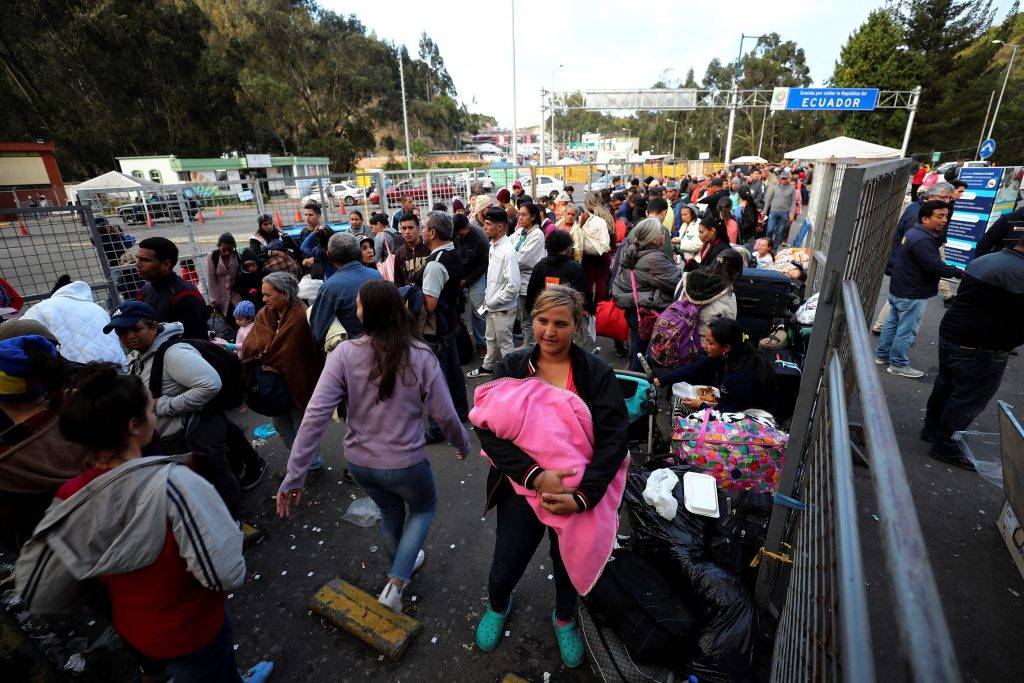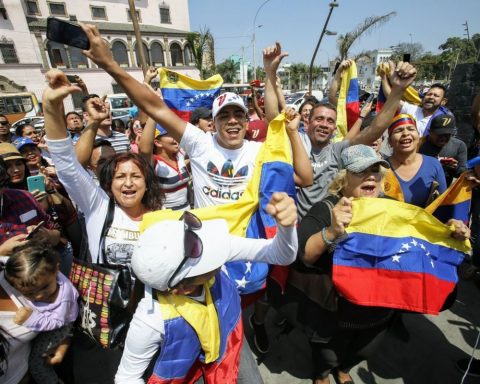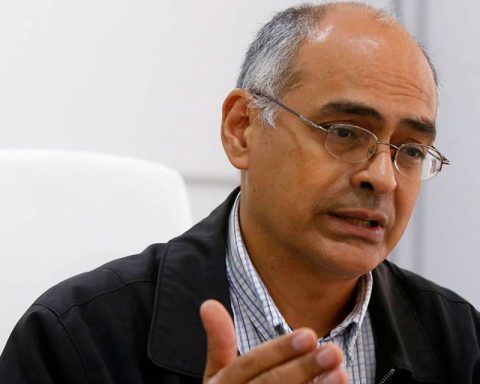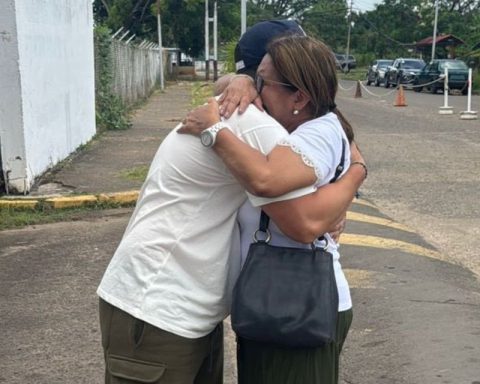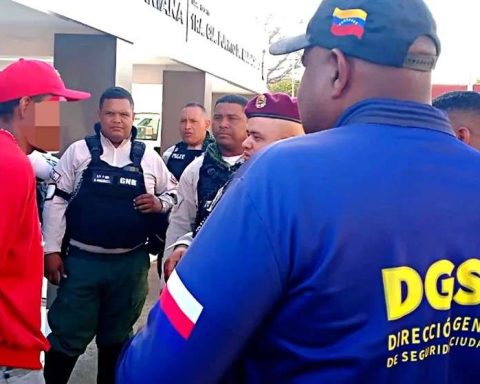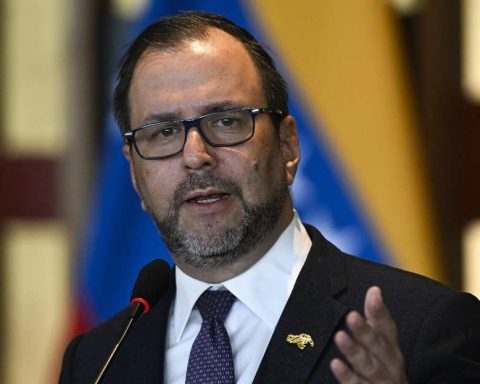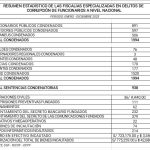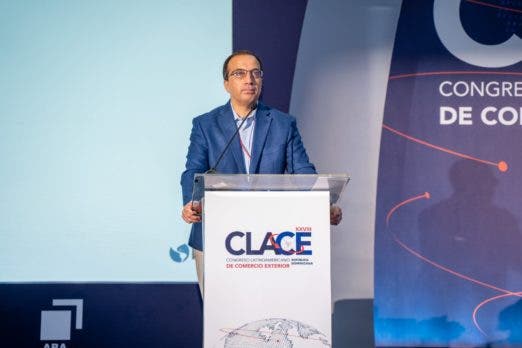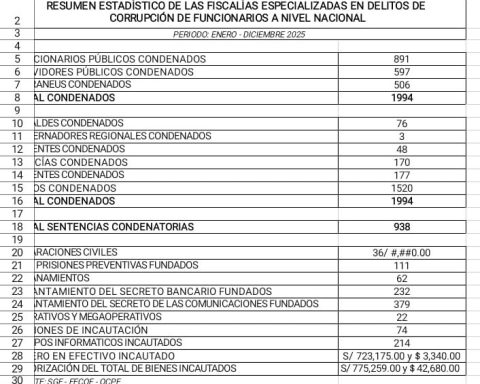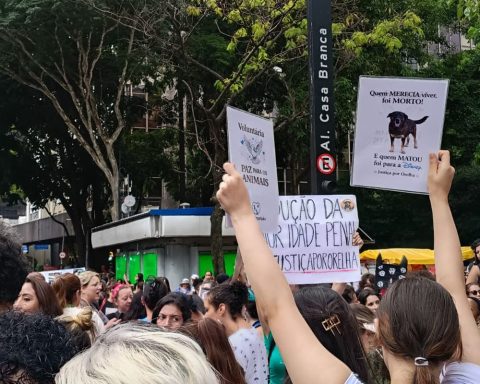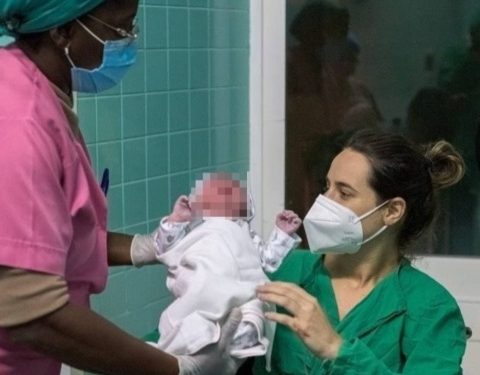To improve the situation of Venezuelan migrants and refugees in Ecuador, partner multilateral organizations work in the sectors of protection, socio-economic integration, food security, health and nutrition, and education. The food security sector will coordinate the actions in the northern and southern border provinces, as well as the provinces of Pichincha and Imbabura, since they are those with the largest number of refugees and migrants in a situation of mobility.
The Working Group for Refugees and Migrants (GTRM), co-led by the UN refugee agency (Acnur) and the International Organization for Migration (IOM), presented this Thursday, February 2, the Ecuadorian chapter of the Response Plan for Refugees and Migrants from Venezuela 2023-2024which requires more than 300 million dollars this year to serve this population in Ecuador and the host community.
The Response Plan includes, for the first time, the biannual planning of the interagency and comprehensive response to these populations and their host communities. The partners hope to reach 523,500 refugees and migrants from Venezuela at destination, transit and from the affected host community by 2023.
“For this, the partner organizations of the GTRM require a budget of $300,920,000 for this year,” they indicated at the Plan presentation ceremony.
In a video presented during the ceremony, the Ecuadorian Minister of Education, María Brown, pointed out that in 2023 they will continue to strengthen actions that guarantee access, permanence, learning and educational continuity for migrant and refugee minors and adolescents in Ecuador. She explained that there are currently 80,000 migrant and refugee students in the education system.
Work sectors
To improve the situation of migrants and refugees, partner organizations work in the sectors of protection, socio-economic integration, food security, health and nutrition, and education. The food security sector will coordinate the actions in the northern and southern border provinces, as well as the provinces of Pichincha and Imbabura, since they are those with the largest number of refugees and migrants in a situation of mobility.
The education sector will coordinate actions in 23 provinces, with special attention to Pichincha, Guayas and Carchi. It will mainly seek to strengthen access to the national education system to increase the enrollment levels of migrants and refugees.
The nutrition sector will seek to provide nutritional advice, especially for children under 5 years of age, infants, pregnant women and adolescents, in 19 provinces. The humanitarian transport subgroup will provide assistance to people in transit and destination in thirteen provinces, will provide safe transportation in different parts of the country to allow family unification, among others.
For its part, the accommodation subgroup will focus its response on 19 provinces, especially in Pichincha, El Oro and Guayas, according to information from a video presented at the ceremony.
“Rental support will be provided through cash assistance and the improvement of housing structures,” it added, while, in another area, there will also be assistance for access to drinking water.
The integration sector will coordinate actions in 22 provinces, and priority will be given, among others, to access to decent employment opportunities, income generation through ventures, and inclusion in financial services.
The protection sector will coordinate actions to support government institutions to facilitate access to territory, regular stay permits and other protection.
With information from EFE
Post Views: 667
